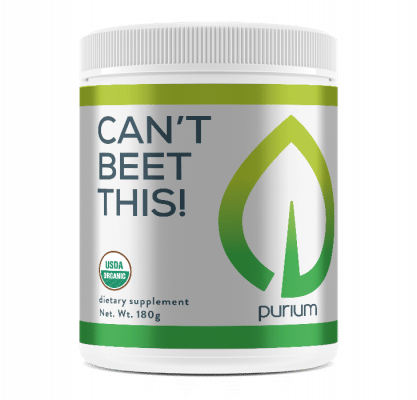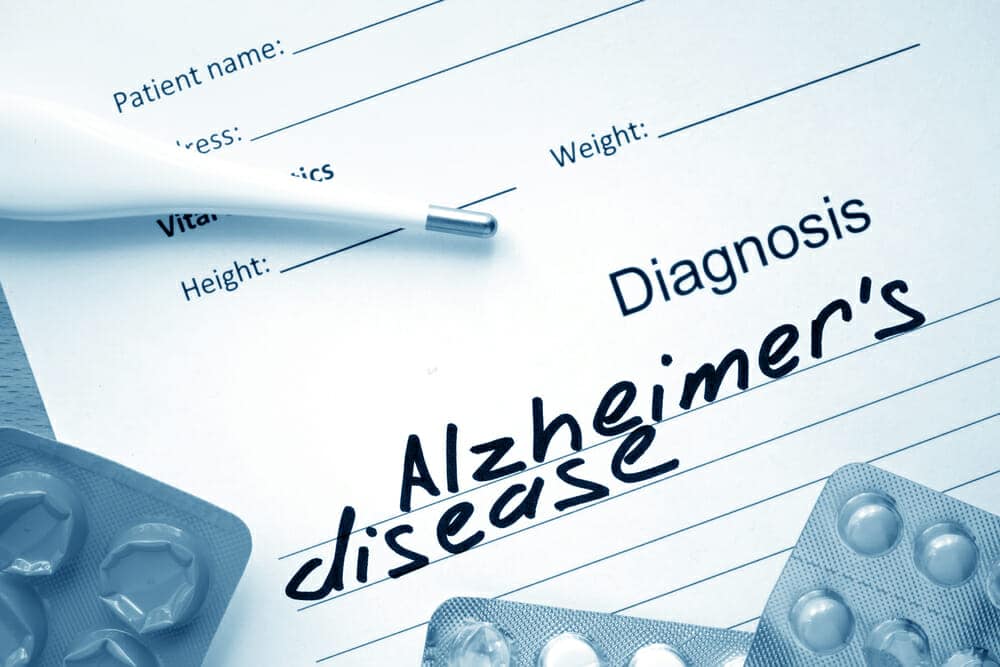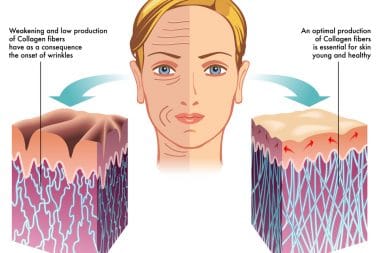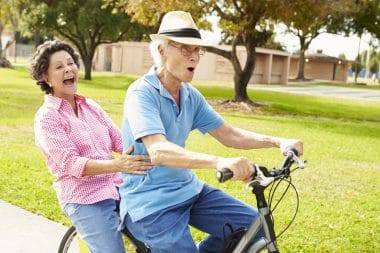As women age and enter the elderly range, they become increasingly susceptible to bone loss. This osteoporosis leaves them with less bone density, which opens them up to a greater risk of suffering fractures. Doctors are recommending more intensive osteoporosis screening, especially as the United States population’s average lifespan continues to increase and more people are living enough to suffer from medical problems that tend to only appear later in life.
The main problem with osteoporosis is many patients don’t know they have it, and thus are at risk of traumatic injury from even simple and non-traumatic accidents that once would have perhaps only left a bruise or two. This includes patients who carry increased osteoporosis risk from lifestyle behaviors they engaged in during their earlier years, such as smoking or excessive drinking. For many patients, the first time they are diagnosed with osteoporosis is after they’ve had a fall and suffered a bone fracture.
Some risk behaviors can move up when in a patient’s life they might start to develop osteoporosis. While it has traditionally been an elderly disease, it’s starting to appear sooner in some women. Menopause is a big trigger, when a woman’s body reduces how much estrogen it produces. This affects bone density, and can complicate existing risk factors for osteoporosis.
Don’t let osteoporosis sneak up on you. Talk to your doctor and get screened to avoid fractures. #HealthStatus
Key Points:
- 1After menopause women are at higher risk of osteoporosis due to change in estrogen levels.
- 2We can prevent bone fractures, we can treat osteoporosis with medicines to regenerate bone tissue.
- 3There are not many studies done on men, but men who smoke are at higher risk for osteoporosis.
See the original at: https://www.reuters.com/article/us-health-osteoporosis/older-women-still-need-bone-checks-to-prevent-fractures-idUSKBN1JM2AA?feedType=RSS&feedName=healthNews

Packed with phytonutrients (“phyto” being the Greek word for plants), vitamins and minerals, beets provide support to many systems of the body from digestion to energy levels.
- Bodies convert the nitrates found in beets to nitric oxide, which helps improve oxygenation levels in the blood and overall circulation.
- The antioxidants and fiber act like natural cleansing agents, helping with the detoxification of toxins and heavy metals in the blood and giving the digestive tract a gentle flush to support a healthy elimination process.
- Consuming whole foods like beets is an excellent way to reduce the immune system from triggering ongoing harmful levels of high inflammation.
- Healthy blood pressure, stamina, and detox are just a few of the immune boosting benefits of beets. According to a study done on beetroot juice.
- Beets may stimulate cell production, which can protect your skin from premature aging and wrinkles. It’ll also keep your brain young by preserving it with nitrates to improve blood flow.








Reply